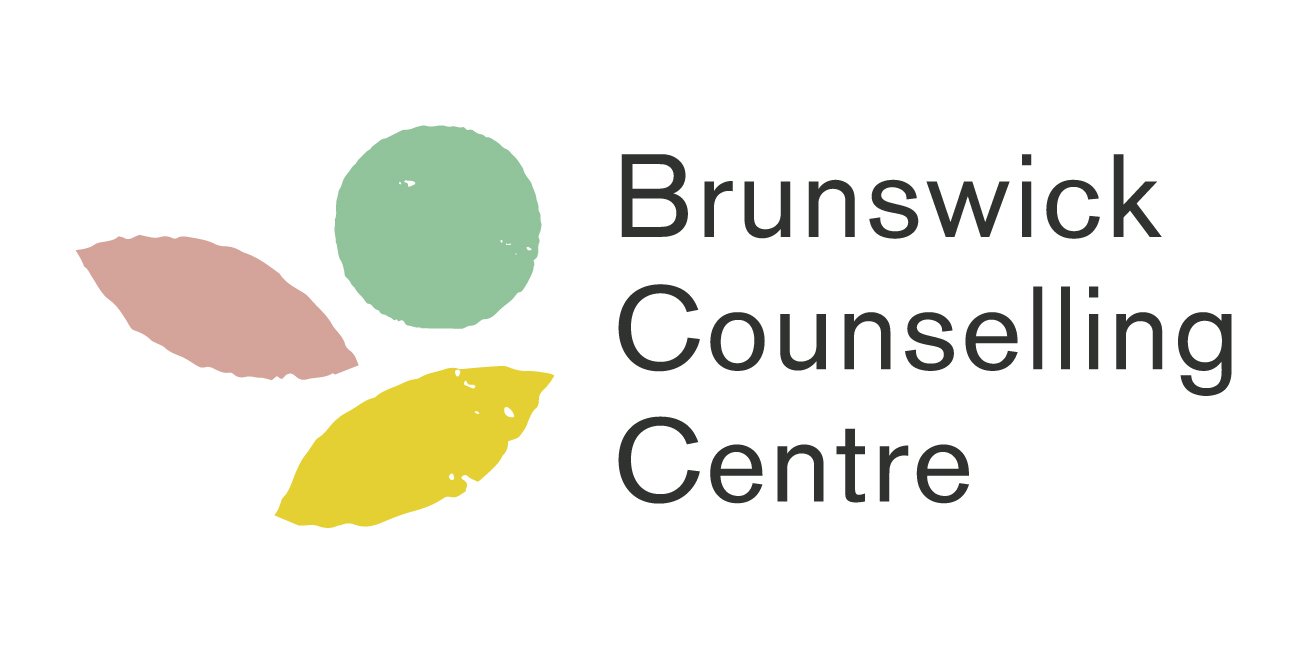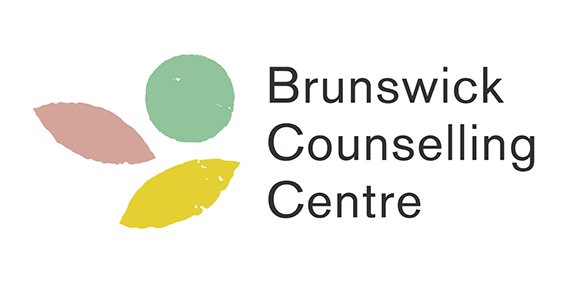
How to find a therapist
By Jayne Dales-Tibbott
Without prior knowledge of the talking therapies, it is indeed a daunting prospect for anyone to find a Counsellor or Psychotherapist. There are just so many of us!
What is the difference even between a Counsellor and a Psychotherapist or a Psychologist or Psychiatrist for that matter! As for the jargon: Cognitive Behavioural Therapy (CBT), Humanistic, Integrative, Person Centred, Relational, Psychodynamic. Where to start?
For many people, they are faced with this minefield at a time in their lives when they really need help…..now! So if you are reading this and it feels familiar, I hope to provide a little more help and clarity.
First of all, be clear about how much you can afford. This is a harsh reality and does not sit well with the nature of support you seek. It has long been a serious gripe of mine that access to free talking therapies is limited in the UK, both in terms of availability and time allocated. This does mean that many people have to fund their own private support and this can be a costly monthly outlay. There are therapists who offer subsidised, low cost or sliding scale fees and they will generally advertise this fact. Alongside this consideration, you need to consider how much time you are willing to allow for the process of therapy. In general, therapy is most effective when you meet at least once weekly over a period of time and so this does require a commitment. Other initial considerations are around location and availability. How far are you prepared to travel? What time(s) and day(s) are you available on a regular, ongoing basis?
SO……having thought about this, you can now set about finding the right therapist for you! This is most important. Speak to a few, visit if possible (many therapists offer a free initial meeting). You will be paying for this support, so you want the person who feels right for you. Ask questions, get a general sense of how you feel with them. Remember, this is not a one way process and there may be a lot you need to understand before you commit.
You might want to know what qualifications and experience they have. The least any reputable therapist will have is a diploma or maybe even several and qualifications can range from Bachelors or Masters Degrees, Doctorates and beyond. Also, to which governing body do they belong? The main ones are the British Association for Counsellors and Psychotherapists (BACP), the United Kingdom Council of Psychotherapist (UKCP) and the British Psychoanalytic Council (BPC) or a combination of several. Membership of these organisations provides a safeguard for all clients as they each have a code of ethics with which to abide and a point of contact should the code be broken.
Also, how does the therapist work? What might you expect? Is their particular model of working going to be most helpful for you and if so, how might this work? As I stated earlier, the different therapeutic modalities available, the different levels of qualification and the different therapeutic titles are most confusing and can feel quite overwhelming. However, by talking to a prospective therapist, much can be understood simply by asking the questions and discussing your needs on your level! If a psychotherapeutic word is used that you do not understand (and there are many in this profession), ask what it actually means and what it will mean to you.
Remember, finding the right therapist for you is important. If one does not feel quite right, continue your search. Maybe talk to/meet several before you make your decision. They will understand! Undertaking therapeutic support is a serious commitment and the right professional approach will make all the difference.
I wish you well with your search.
Jayne Dales-Tibbott
Psychotherapist/Clinical Supervisor
“Life begins on the other side of despair.”


